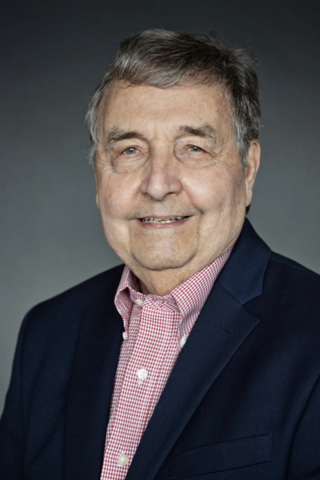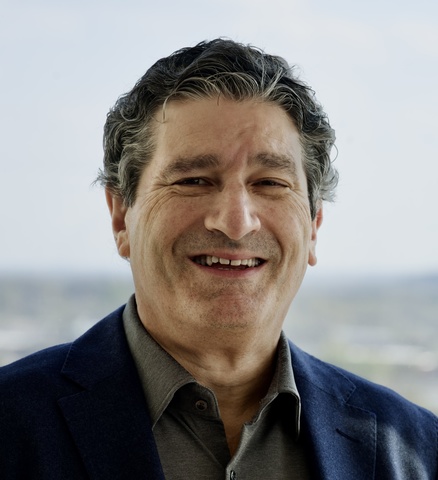By Charlotte Brookins
Alan Kim Johnson, F. Wendell Miller Professor of Psychological and Brain Sciences, first joined the University of Iowa in 1973. In the 50 years since then, he has spent his time teaching classes and conducting research alongside students and fellow faculty members in the College of Liberal Arts and Sciences.

Johnson, who retired in December, says he was drawn to Iowa for its positive research reputation.
“Iowa has had a great tradition in psychology,” says Johnson. “The school was noted as having one of the best experimental psychology departments in the country.”
Johnson, who earned his doctorate degree from the University of Pittsburg in 1970, became aware of Iowa’s strong cardiovascular research and hoped to use his research interests in neuroscience and behavior to combine to investigate cardiovascular disease.
“I’m specifically interested in how the brain is involved in the control of behavior,” explains Johnson.
Johnson’s research focuses primarily on the impact of psychological and behavioral states on a person’s body fluid physiology—for example, their blood pressure. Specifically, Johnson examines how early life stressors can lead to long-term impacts on a person’s cardiovascular system.
Johnson says faculty member François Abboud and the late Michael Brody played crucial roles in his career at Iowa by helping integrate his work with other cardiovascular researchers. He also appreciates the ongoing tradition and legacy of interdisciplinary collaboration throughout the University of Iowa.
“My favorite part about the university has been the encouragement of cooperation between faculty members and students,” Johnson reflects. “A lot of institutions don’t have the level of willingness to collaborate and facilitate one another’s research.”
Johnson’s colleagues describe him as a fixture of the department and one of its most prominent faculty members.

“He has always been there to help students and other faculty,” says Mark Blumberg, professor, UI Distinguished Chair, and chair of the Department of Psychological and Brain Sciences. “He also has a staggering record of 50 years of continuous NIH funding. It is a truly amazing feat and a testament to the quality and significance of his research.”
After retiring, Johnson may no longer be as involved with the day-to-day experiences of the university, but he will continue as co-investigator on three different grants from the National Institutes of Health. He will also spend his time reviewing experiments and data while also helping with research papers and proposals.
Johnson added he will miss the regular interactions with students, postdoctoral fellows, and colleagues.
“The daily routines will be absent,” says Johnson. “But one of the things that has changed over the years is that technology today allows these interactions to be maintained regardless of location.”
Johnson expresses his gratitude for having the chance to settle down with his family in Iowa City, concluding by saying, “It’s a wonderful place to make a life and a career.”